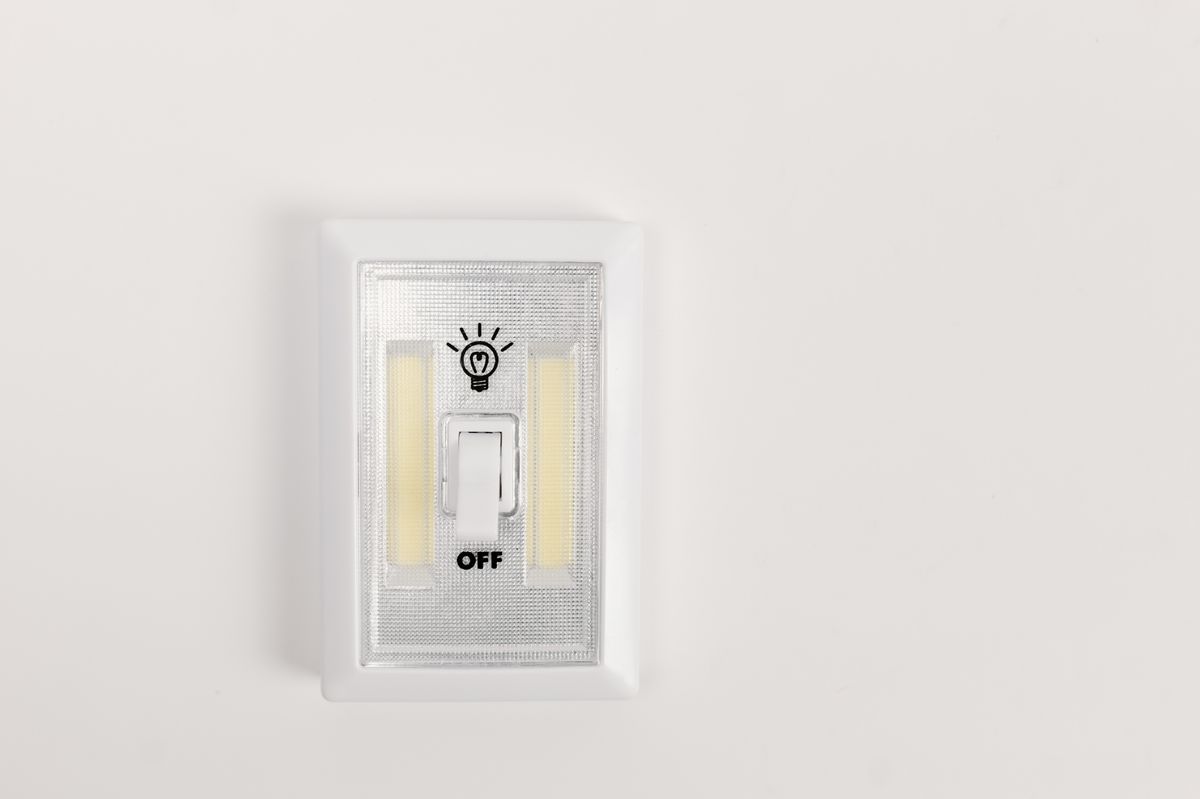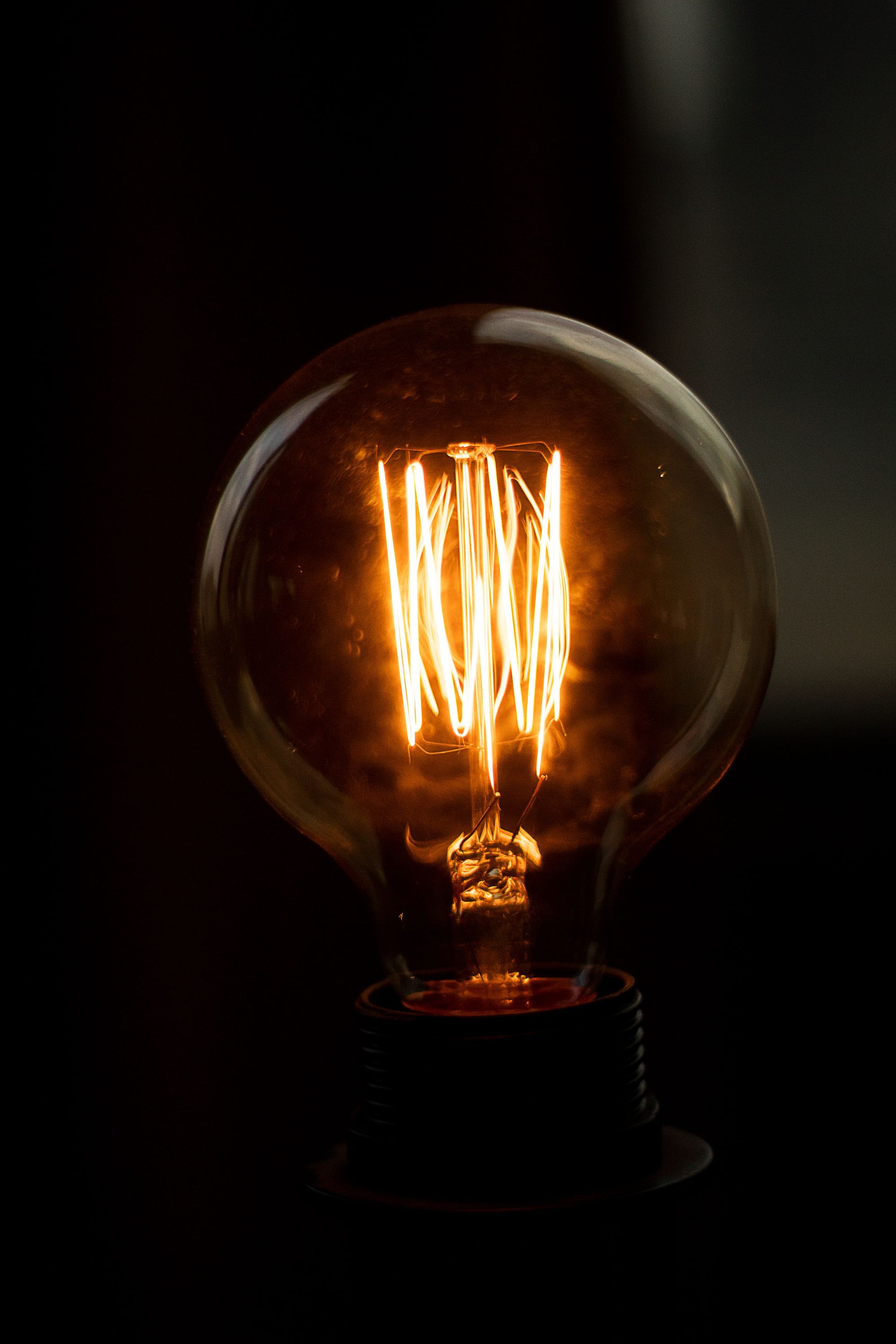Flip the Switch

What started as a calm Thursday in September erupted into a thunderstorm that blew over trees and flooded the sewers. My car managed to escape the unlucky fate of death-by-tree experienced by multiple cars along my street. Looking out my window, I saw a downed tree branch laying on the power lines leading to the next apartment building. To remove the branch, the utility company would shut off my electricity for a few hours: an intruding, but manageable nuisance. I trusted their ability to remove the tree and turn my electricity back on. This trust developed from my past experience of the power always coming back on. But then I asked myself, what if the utility company failed to turn the electricity back on?
When you flip the light switch on your wall, your lights turn on. Press the power button on your TV remote, your TV turns on. You are reading this on a device that has to be plugged into the wall every day. What would happen if your lights stayed dark, your phone died, and your new electric car stayed still?
When did you last ask if the lights would come on when you flipped the switch? You expect it to work. Humanity’s greatest achievement, the electrical grid, has brought billions out of poverty and elevated the standard of living far beyond what Czars, Suzerains, Emperors, and Kings of old could ever have dreamed of. And the only time you think of it is when it does not work. Amazing.
Our modern society depends on electricity. Without it, we would be worse off than our 18th century ancestors. Why? Because we all expect to have electricity. Many of us have no experience living without it for extended periods of time, unlike our ancestors. The internet, modern medicine, farms, commerce, and our jobs all rely upon a reliable, accessible, and cheap source of electricity. If we lose the electrical grid, we lose everything else.
While it is popular to talk about new forms of green energy, nuclear fusion, and battery technology, the grid as it exists now often gets ignored. The endless knot of wires, generators, dams, towers, and reactors require daily maintenance and monitoring. Plagued by past success, we expect the grid to be reliable regardless of policy change, public opinion, and aging infrastructure. Plugging in advanced generators into an aging grid built for last century’s technology will not solve any problems. Whether in India, or Germany, Texas or California, when we get the grid wrong, chaos ensues.
Electricity from the grid must be 1) reliable, 2) available, and 3) affordable. Only when these three characteristics are established can we then consider other important factors such as pollution and sustainability.
- The grid must first be reliable. Without reliability, the following requirements have no meaning. If there is no guarantee the lights will turn on, the availability and price of the electricity mean nothing.
- The grid must be available. It must connect to everyone everywhere: the coffee shop, the factory, the football arena, apartments, mansions, all of it. If it’s not available to everyone, then it’s a mere luxury for the rich and well connected. For electricity to continue to improve our standards of living, it must be available to everyone.
- Finally, the grid must be affordable. Everyone rich and poor must have access to as much power as they can afford. If it becomes too expensive to use, then whether the source is solar and nuclear or coal and biomass, few will use it.
Only when these three conditions are met can we discuss the sustainability and environmental effects of the grid. Ignore it and you can expect grid failures, blackouts, and energy rationing. That’s what is at stake. Not everyone can live off diesel generators and home solar. Humans need the grid and humans need to understand the grid before we lose it.
